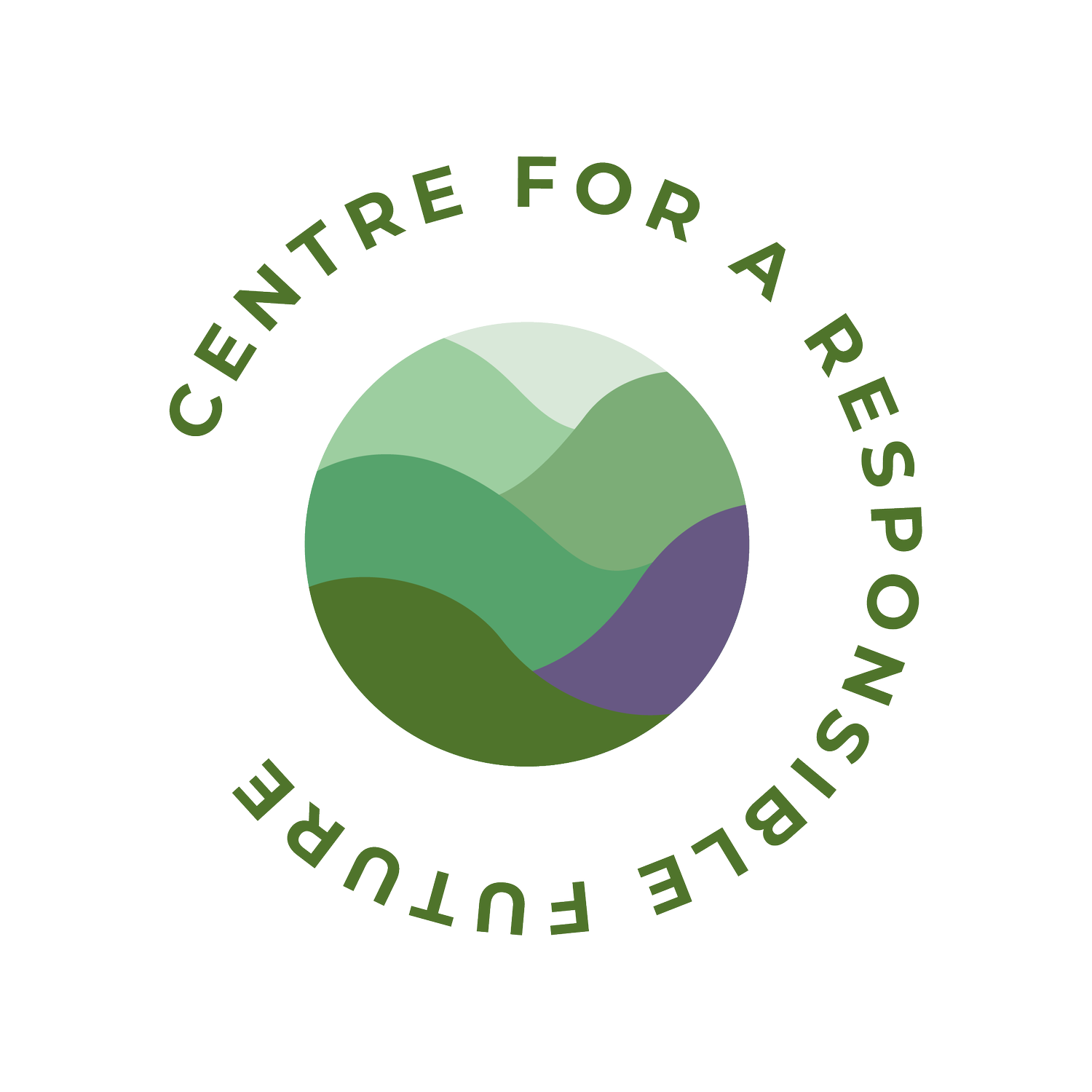Vegetarian Goes Modern
George Jacobs
In Singapore, when most people picture vegetarian food, what comes to mind? Probably, a stall in a hawker centre, staffed by middle-age people whose education level and science knowledge are not so high, and who sometimes prefer to speak dialect rather than Mandarin or English.
And, what about their ‘technology’, if you want to call it that? A wok sitting over a fire, with a metal spatula, a chopper and a cutting board. As to cleanliness, it’s good, but usually only a B grade, not an A. What about the dishes served at this veg stall? The same tried and true recipes, often featuring lots of SOS (Salt, Oil and Sugar), with whole-grain rice or noodles sometimes hard to find. Not exactly what modern nutrition science would suggest as part of a healthy diet. Is anything wrong with this image of vegetarian food? Nothing against the age of the hawkers; I ride public transport with my seniors’ discount. Nothing against dialects; linguists tell us that dialects are legitimate languages. Nothing against the hawkers’ implements; I use all of them at home. Plus, who doesn’t enjoy traditional dishes?
What’s wrong with this image is that it is inaccurate. Today, vegetarian food is taking on aspects of cutting edge science. For example, we can now enjoy high-tech plant-based meat from Beyond Meat (burgers and sausage), Omnipork (minced pork), and Impossible Foods (burgers and minced beef). Locally, Shiok Meats is working on cell-based (a.k.a. clean) prawns, Life3 Biotech is perfecting a range of plant-based meat, and Sophie’s Kitchen, which already makes plant-based products similar to food from marine animals, recently won a $1million grant from Temasek Holdings for the development of food alternatives based on micro-algae.
And, there’s so much more science-based vegetarian food afoot in the incubators, accelerators, pitch meetings and various funding rounds across Singapore and the world. That’s not to mention Quorn’s foods, invented years ago, using a fungus found in a field in England and made into food using a patented fermentation process. Quorn only arrived in Singapore a couple years ago, but it is already popular in supermarkets and a growing range of eateries including Soup Spoon, Rebel, 4 Fingers, and Ichiban Bento.
Why the sudden interest here in Singapore and beyond in applying new science to the creation of goods that provide all the benefits of meat, eggs, and dairy, without the negative affects of animal-based foods? Well, that also has to do with science.
First is the science of nutrition. More and more research supports the view that switching to plant-based and other alternative foods protect our health, especially when the foods we eat are less processed, such as eating whole fruits, instead of sweets made from processed sweeteners. Also, a growing body of research reports that animal fats, more than processed sugars, are our crucial opponent in the War on Diabetes. Second, environmental scientists argue that moving away from meat is one of the best things we can do if we want to get serious about fighting the climate crisis. Scientists in Geography predict the world’s human population will grow beyond 9 billion. As a result, new technology will be needed to produce food of the quantity and quality (taste) that all these people will want to eat. Third, scientists who study the thoughts and emotions of the approximately 1 trillion animals (including marine animals) whom humans eat annually are finding more and more evidence that these fellow earthlings do engage in consciousness. In 2012, a group of noted cognitive neuroscientists, neuropharmacologists, neurophysiologists, neuroanatomists and computational neuroscientists came together to issue the Cambridge Declaration on Consciousness which states in part:
Convergent evidence indicates that non-human animals have the neuroanatomical, neurochemical and neurophysiological substrates of conscious states along with the capacity to exhibit intentional behaviours. Consequently, the weight of evidence indicates that humans are not unique in possessing the neurological substrates that generate consciousness
In conclusion, when we think of vegetarian food, instead of picturing it as unscientific and anti-modern, we should see moving away from meat as the modern, science-based prescription required to protect human health, to address the climate crisis and to show the deserved respect to our fellow animals.
